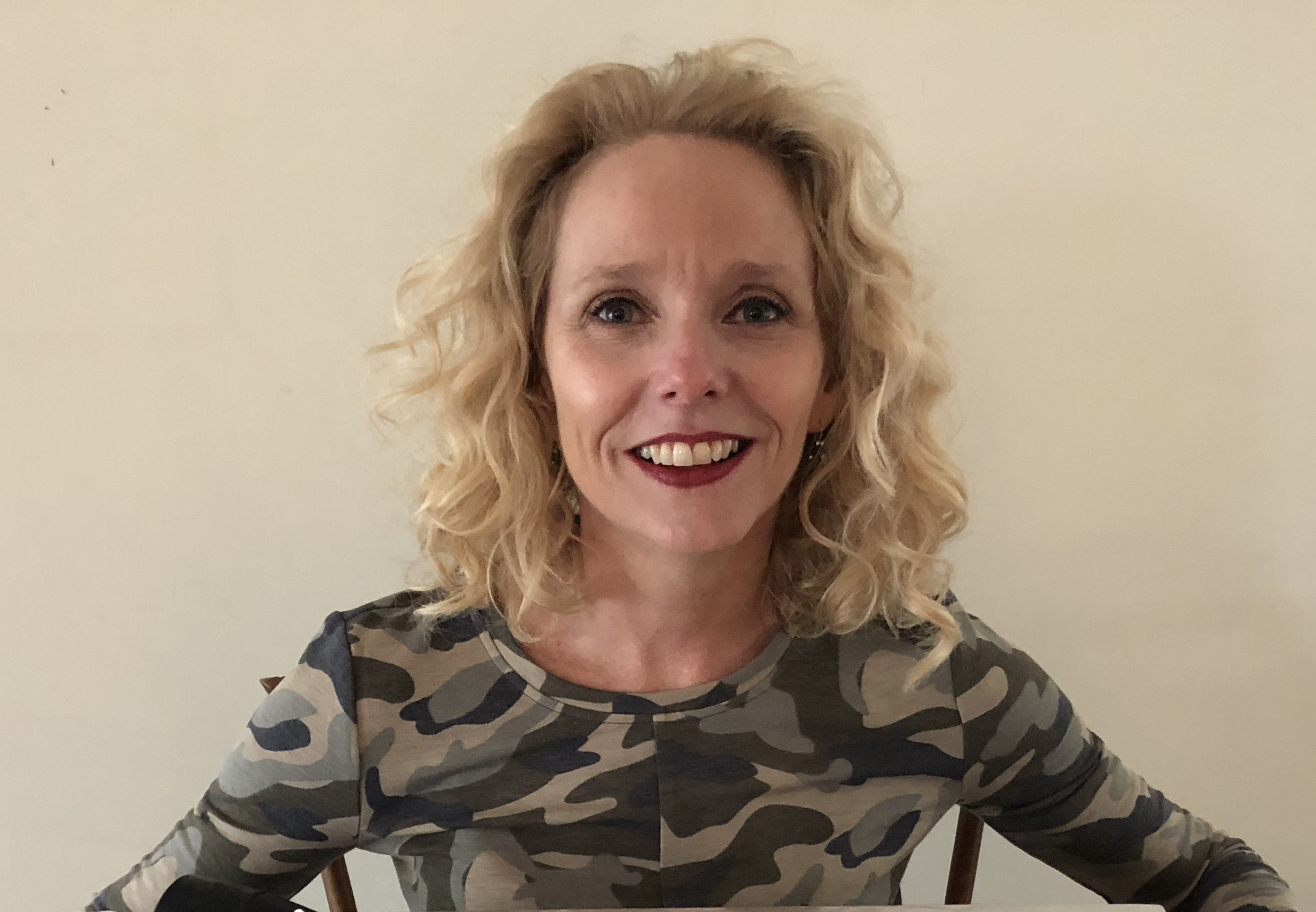
Carole Moloney, RN, MSN, CPNP, has dedicated her 35-year career to Boston Medical Center’s youngest patients. As a nurse practitioner in the infectious disease division of the Department of Pediatrics, her care and expertise has helped families through some of the most difficult times.
But when your career spans more than three decades, treating patients goes well beyond the clinical realm. Carole—or “Nurse Carole,” as her patients call her—has built meaningful relationships with her patients over the years, even caring for multiple generations of families. “I have patients who I’ve taken care of since the day they were born,” she explains. “They will ask me what they were like as a baby, or share memories of a parent they’ve lost.”
In early 2018, Carole found herself needing the same family-like support she has been providing for so long. A routine mammogram revealed an irregular mass, which prompted further imaging and a biopsy to determine if it was cancerous. When her doctor called with the results, she stepped away from work to take the call. In that moment, she stepped into the role of a patient: Carole had early stage breast cancer. “The minute you hear ‘cancer,’ the bottom falls out from underneath you,” she recalls. “I’m a provider. I’m the one giving life-changing diagnoses. I’m not usually sitting in the other chair receiving it.”
To treat the cancer, Carole needed surgery to remove the mass, followed by radiation. Contending with a flurry of emotions, she needed help navigating the steps. “I didn’t know where to go or who to see,” she says. “You need someone who has been through it and knows the lay of the land.” Carole knew exactly where to turn: her BMC family. Her friend and colleague, a breast cancer survivor, walked her through what to do and where to go for radiation. “She said, ‘You need to see Dr. Hirsch [at BMC],’ and I said, ‘OK!’” explains Carole.
From the moment Carole became the patient of radiation oncologist Ariel Hirsch, MD, she knew she was in good hands. “She was unbelievable. I knew right away she was invested in my care,” she says. Hirsch determined Carole needed 16 sessions of radiation and coordinated them to take place in the early morning so she did not have to miss work—or her patients. Each day, as Carole awaited her “turn” for radiation, she would find herself sitting with the same group of patients. They would greet each other and ask how they were doing—a seemingly small gesture which created an unspoken bond. “You end up seeing the same people every day because you’re on the same schedule [for radiation],” she explains. “We’ve joined this club that we never wanted to be a part of and yet there’s this camaraderie because we’re all going through the same thing together.”
The small gestures continued with her medical team, making a big impact. “The radiation therapists were awesome,” she says. “They were always happy and kind, asking how I was doing that day, playing music. It sounds strange but it was a really good experience.” With a legion of supporters, Carole persevered through treatment. It was a success and today, she’s on the mend.
When it came time for the radiation oncology team to nominate a patient for BMC’s annual Catwalk for Cancer Care, Carole was naturally at the top of their list. “Carole has such a positive attitude and is an incredible human being everyone can look up to—myself included,” notes Hirsch. “To have a ceremony [like this] at the end of treatment, where patients are feeling proud and excited to move on to the next phase of their lives, is priceless.”
For Carole, her “victory walk” down the runway will serve as a moment to celebrate her own journey and to also provide hope for others. “One in eight [women] are going to be in this ‘club,’ so we ought to do our best to support each other in every way we can,” she concludes. “When I walk down the runway, I’ll be thinking of how lucky I am. And I’ll be hoping I don’t trip!”